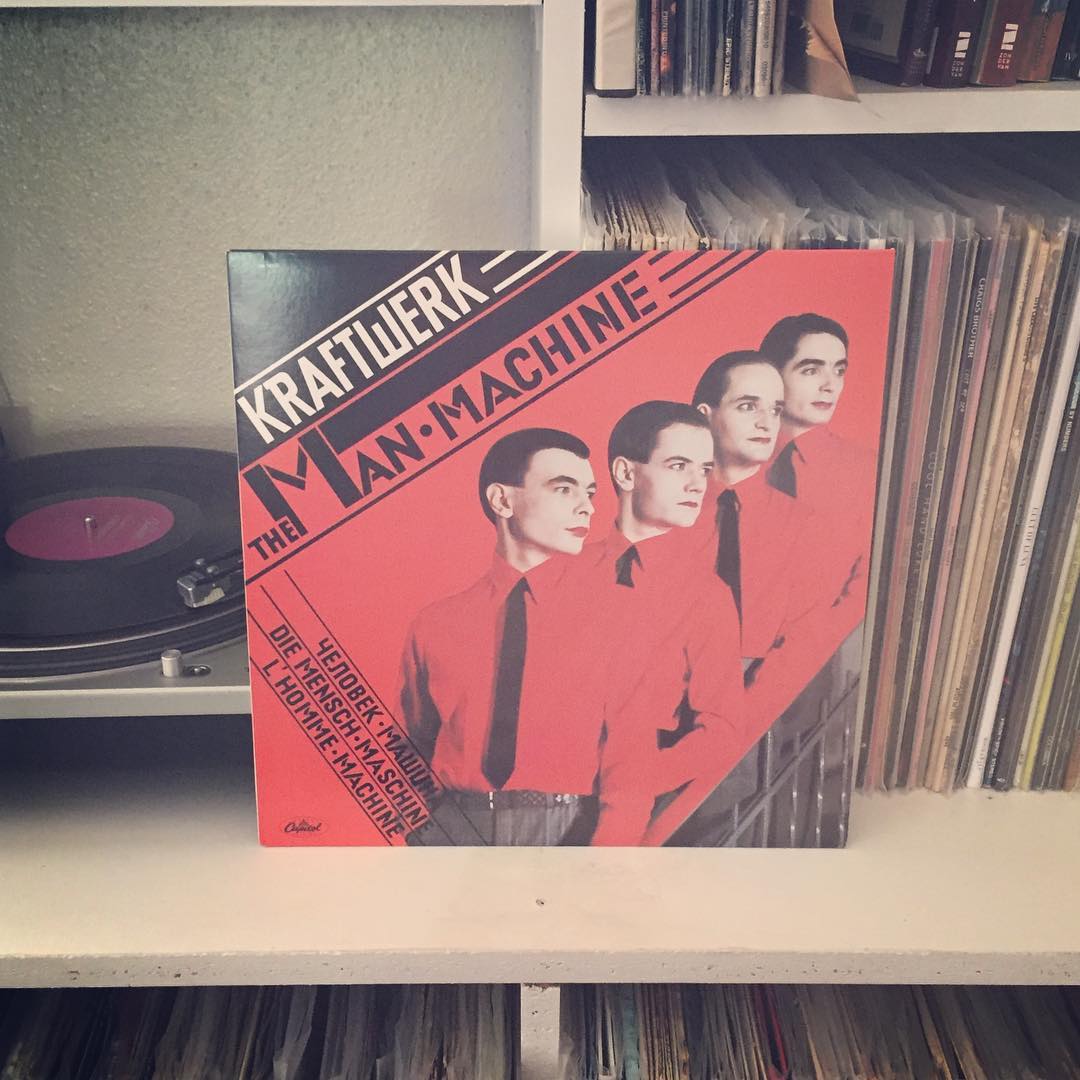 Throughout their career, Kraftwerk had operated in the tension between their humanity and the cold mechanical tools they employed to compose their music.
Throughout their career, Kraftwerk had operated in the tension between their humanity and the cold mechanical tools they employed to compose their music.
But on The Man-Machine, they fully embrace their robotik tendencies without apology.
 Throughout their career, Kraftwerk had operated in the tension between their humanity and the cold mechanical tools they employed to compose their music.
Throughout their career, Kraftwerk had operated in the tension between their humanity and the cold mechanical tools they employed to compose their music.
But on The Man-Machine, they fully embrace their robotik tendencies without apology.
 While Autobahn found Kraftwerk embracing a more robotik sound than their early largely-improvised avant-garde Krautrock, it still had a few fleshy bits sticking to its chrome exoskeleton.
While Autobahn found Kraftwerk embracing a more robotik sound than their early largely-improvised avant-garde Krautrock, it still had a few fleshy bits sticking to its chrome exoskeleton.
Trans-Europe Express finds their cybernetic mutation nearly complete.
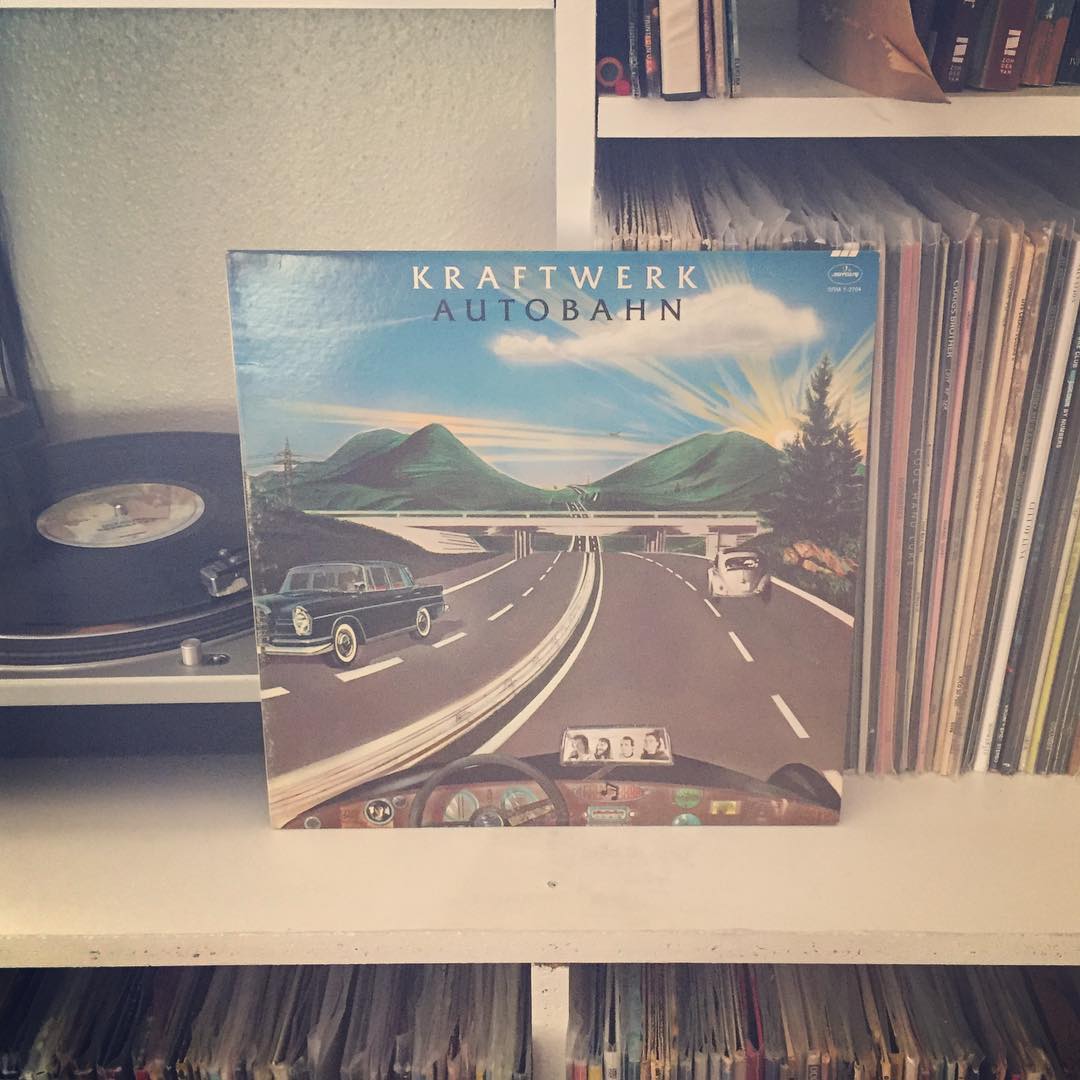 Before there was Daft Punk, there was Kraftwerk. The storied German electronica pioneers were playing with vocoders and pretending to be robots decades before the French duo picked up their LED-infused helmets.
Before there was Daft Punk, there was Kraftwerk. The storied German electronica pioneers were playing with vocoders and pretending to be robots decades before the French duo picked up their LED-infused helmets.
But Kraftwerk wasn’t always the inorganic collective they’re remembered for. And while Autobahn is the first album to feature their signature robotic sound, it doesn’t stay there forever.
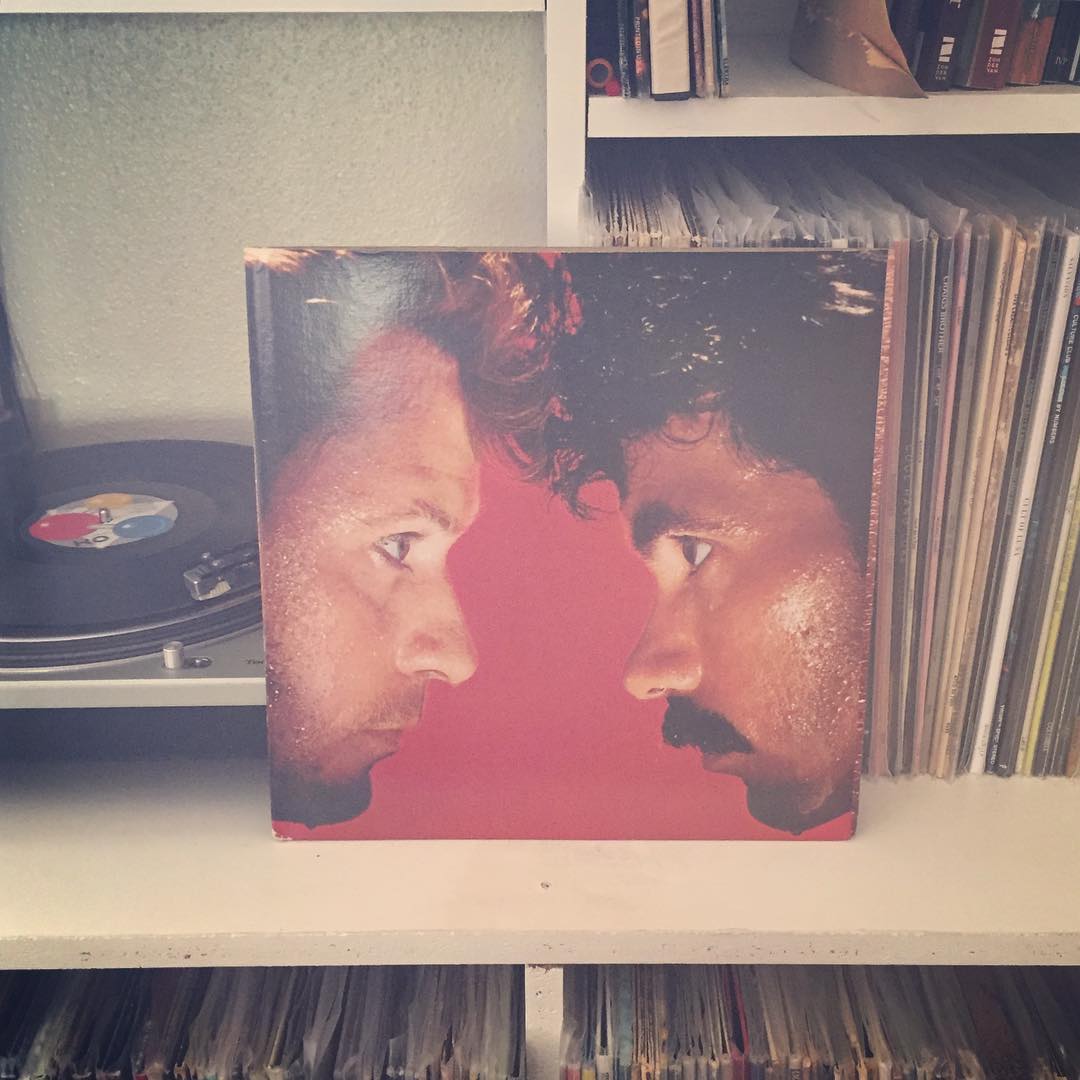 In the last few months, after decades of ignorance, I’ve developed a strange fascination with the pop duo Hall & Oates. Judging by their enduring (and excellent) singles that still dominate “Hits of Yesterday and Today” stations, I had expected their output to stick pretty close to the middle of the road.
In the last few months, after decades of ignorance, I’ve developed a strange fascination with the pop duo Hall & Oates. Judging by their enduring (and excellent) singles that still dominate “Hits of Yesterday and Today” stations, I had expected their output to stick pretty close to the middle of the road.
I was wrong.
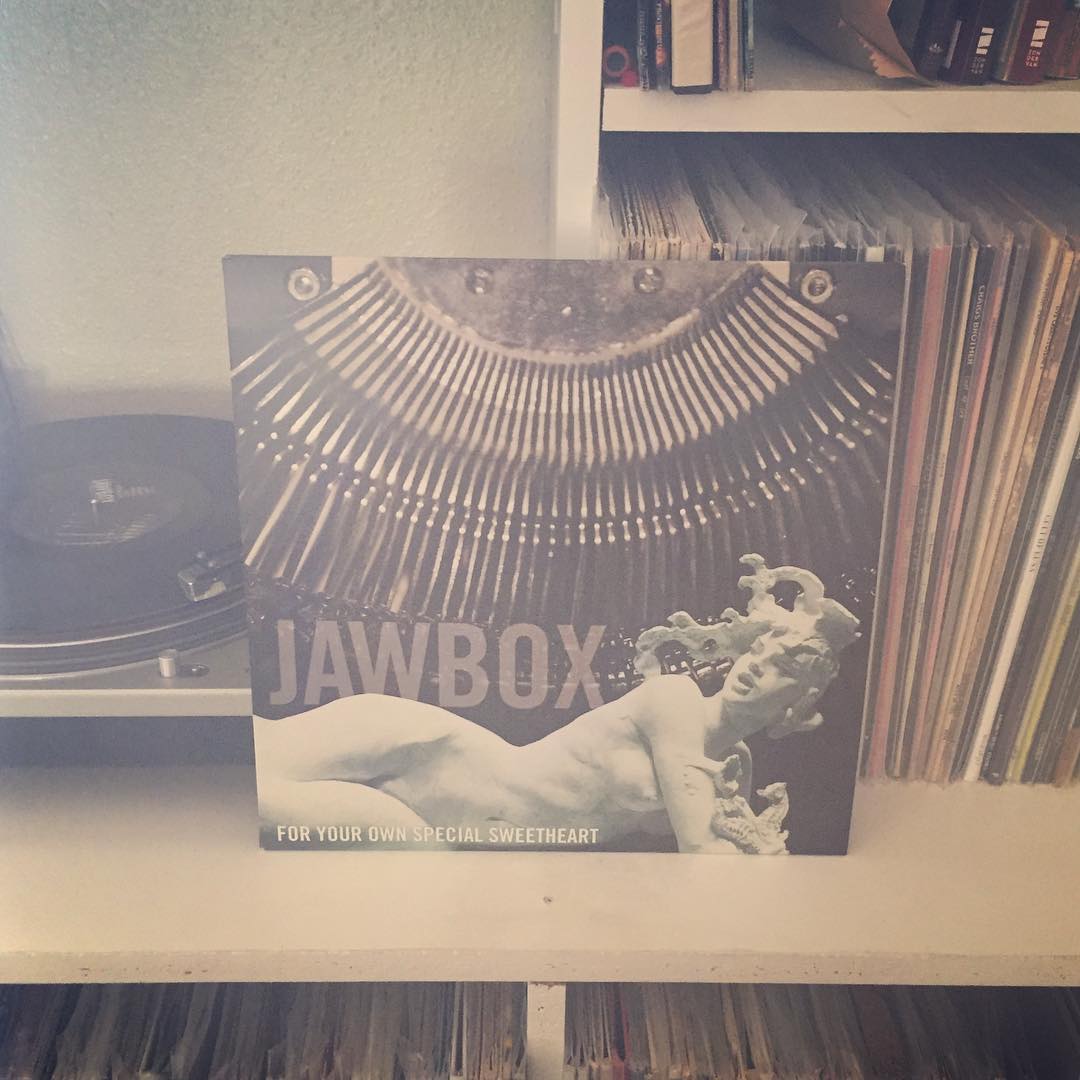 It was tough out here for a punk kid in the early 2000s looking for new music. Internet speeds to support streaming would take years to develop. We had Napster, but we it took hours to download a single song.
It was tough out here for a punk kid in the early 2000s looking for new music. Internet speeds to support streaming would take years to develop. We had Napster, but we it took hours to download a single song.
My go-to method was to read articles about bands I already liked and pay attention to their influences. And as I pored over articles, three names kept coming up: Sunny Day Real Estate, Fugazi, and Jawbox.
SDRE and Fugazi became instant obsessions. And when I started collecting more seriously, they were among the first discographies I looked for. But somehow, this is the first Jawbox album I’ve added to my collection (barring a CD copy of Novelty I bought on the cheap, and a CD of this album I found at Goodwill).
I can’t tell you why it took me so long to buy this record, but it doesn’t deserve it.

The year is 2000. I’m a nerdy kid who’s been transitioning from listening to nothing but Weird Al to getting into harder stuff like punk and hardcore.
As much as I loved heavier stuff like Zao and Project 86 (Drawing Black Lines is still an incredible album, fight me), there wasn’t really an output for my wacky sense of humor.
Then, on a youth trip to Washington DC, I discovered ska.
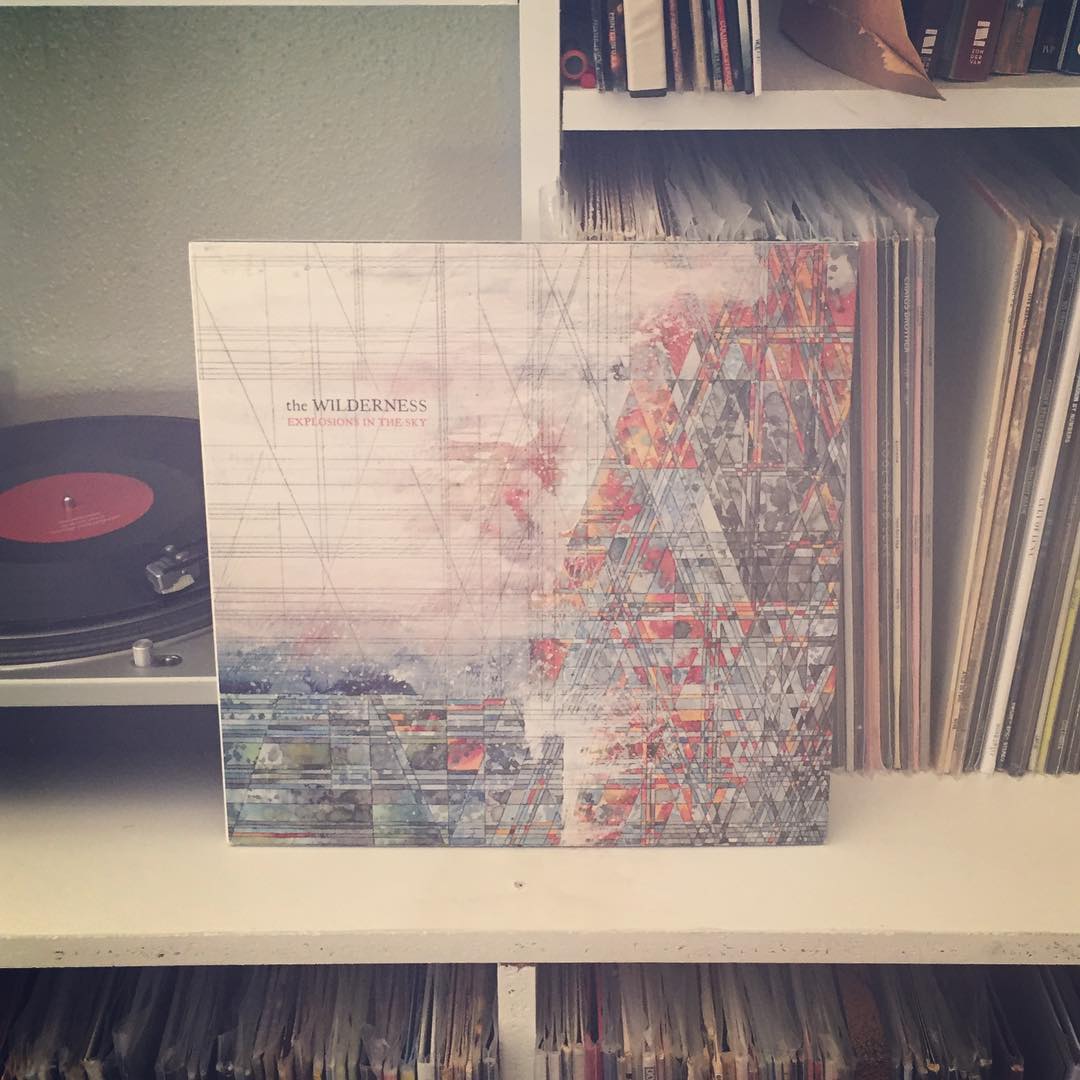 Austin, TX natives Explosions in the Sky have long been celebrated as the standard bearers of patient, cinematic guitar-led, climax-chasing post rock.
Austin, TX natives Explosions in the Sky have long been celebrated as the standard bearers of patient, cinematic guitar-led, climax-chasing post rock.
Their huge delay-soaked guitar riffs and narrative-based composition have led them to write a number of soundtracks.

Lemme tell you about my friend Jack.
We first met when I moved back to my hometown from Chicago. There wasn’t much of a music scene to speak of, but a few of us saw the potential for a thriving arts community. There were plenty of artists around, but there was very little support for them.
One of those groups was the short-lived Merchant Ships, a post-hardcore act helmed by Jack that somehow managed to gain a huge following on MySpace. The group had already dissolved by the time I met him.
He was still in high school.
 These days, the Knack is mostly remembered for just one single: the infectious, raunchy “My Sherona” that still gets airtime on every classic rock station in the country.
These days, the Knack is mostly remembered for just one single: the infectious, raunchy “My Sherona” that still gets airtime on every classic rock station in the country.
But that’s a real shame, because Get the Knack is filled with cuts that are almost more enjoyable.

Here’s a hot take for you: “Separate Ways” is the best song Journey ever put out.
People might lift up “Don’t Stop Believin'” or “Any Way You Want It,” but those songs can’t compete with the urgency and moodiness of the opening track of Frontiers.